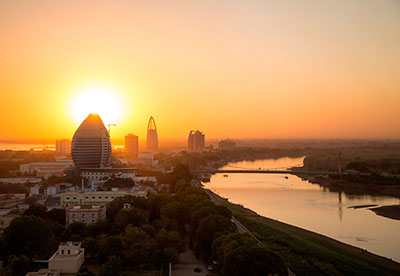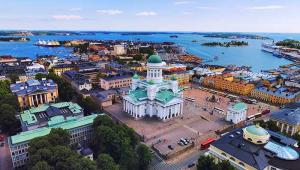khartoum-shutterstock_281819951.jpg

Khartoum, Sudan.
Following a visit to the country, Eric Mottu, who led the IMF team, said Sudan has made “remarkable progress” in a difficult environment. However, prospects are weighed down by sanctions and the country’s high arrears, which both cut Sudan’s ability to seek funds from elsewhere.
“At the same time,” Mottu continued, “the budget deficit widened to 1.9% of GDP in 2015 owing to shortfalls in oil revenue.”
Low commodity prices, the central bank’s financing of government operations, and limited flexibility in the exchange rate have increased the current account deficit and reduced foreign exchange reserves.
“As a result, the outlook is mixed and macroeconomic stability rests on continued large external financing,” Mottu said.
“The team encouraged the authorities to engage with international partners to secure comprehensive support for debt relief and the lifting of sanctions, which would pave the way for foreign investment and financing for growth and poverty reduction.”
Other recommendations included to accelerate policy plans, increase fiscal revenue for growth-enhancing public infrastructure and social spending, while also reducing the deficit, and measures to improve the business environment and encourage investment.
Mottu commended action already taken by the government, which included policy adjustments that helped contain the deficit, institutional reforms that strengthened tax and public financial management, and increased social spending to cushion the blow to Sudan’s poor.
Sudan has one of the biggest economies in Africa, which has in the past boomed off the back of oil production. However, the fruits of growth have not trickled down to Sudan’s people, many of whom live in poverty.
Ongoing conflict and abuses by the government in certain regions and decades of civil war with the country’s south – which split from Sudan in 2011 to form South Sudan – have held Sudan’s development back, and led to the country being ostracised by the international community.













